Why would you visit The Quack Doctor to read about the famous Beecham’s Pills, when five seconds of Googling will give you more information than you could possibly read in a lifetime?
Well, obviously you wouldn’t, so that’s why I’ve never blogged about them. I just wanted to do a quick post, however, to show this advertisement from 1909, which is a fine example of a witty response to criticism, and far better PR than threatening to sue anyone who’s a bit of a meany.
The Penny Illustrated Paper 11 December 1909
On 2 January 1909, the British Medical Journal published an analysis of Beecham’s Pills as part of its exposé of proprietary remedies. The verdict wasn’t that harsh compared with the damning reports on other medicines, but it revealed that the pills comprised just aloes (an ingredient of most bog-standard laxatives), ginger and soap. The formula had not been top secret before this, but when the Journal’s reports were published as Secret Remedies: What they Cost and What They Contain (1909), it was brought to wider public attention.
This advert forms part of Beecham’s public response, taking ownership of the term ‘secret remedy’ and presenting it as something honourable; a shared secret between the company and the loyal customers who knew best about their own health. The last paragraph of the following advertisement also appeals to people’s trust in their own judgement, and engenders suspicion of the critics’ motives.
It is perfectly reliable although it is “a Secret Remedy,” it has been tried by the Public for upwards of sixty years, and in spite of all opposition, and in the face of calumny prompted by jealousy caused by success, the voice of the people is practically unanimous in favour of Beecham’s Pills.
Lloyd’s Weekly Newspaper, 12 December 1909
Beecham’s Pills were pitched as a ‘Remedy for the People’, not for the establishment. Whatever some high-falutin BMA analyst might say, the advertising cleverly flattered potential punters that they – who knew what it was like to be ill – were the real experts.
P.S. I’m on Google+ now – feel free to add me.
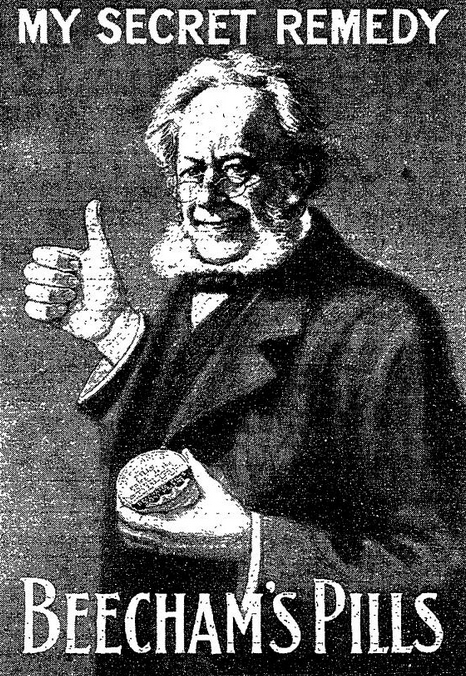
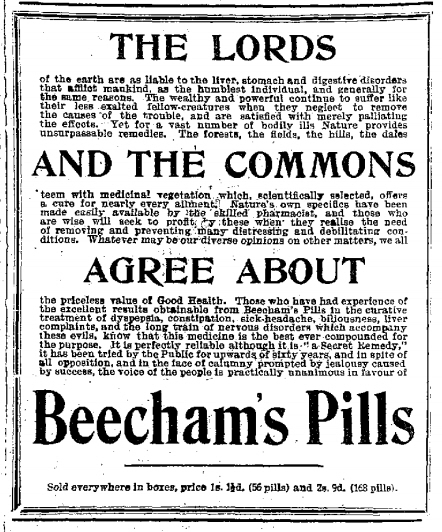
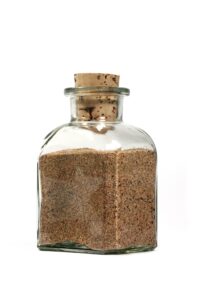
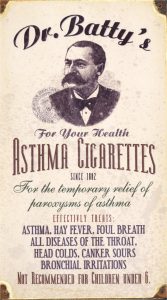
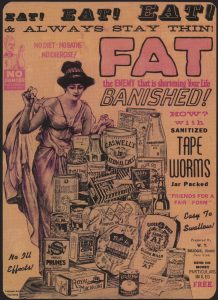
I happen to be a descendent of the Beecham family, and I know of the ingredients in Beecham’s pills! I’m also a health nut, and tend towards natural remedies instinctively rather than curing the symptoms with chemical ‘one pill cures all’ type response. Bear in mind that when old man Thomas invented this remedy he was an apothecary, and tending sheep in the wilds of Oxfordshire in 1850, and there were virtually no doctors available to the general public… He really loved to help the disadvantaged man, and there are a number of herbs in this remedy that are known now to be health enhancing, such as ‘liquorice’ – NO not liquorice all sorts! Further herbs, sorry are still a secret for now! But the present Beecham’s pills bear no resemblance to the real remedy, and are simply capitalising on the name. There is still nothing better than a deep lymphatic cleanse for the body, and this is what they did… Cheers everyone and good health!